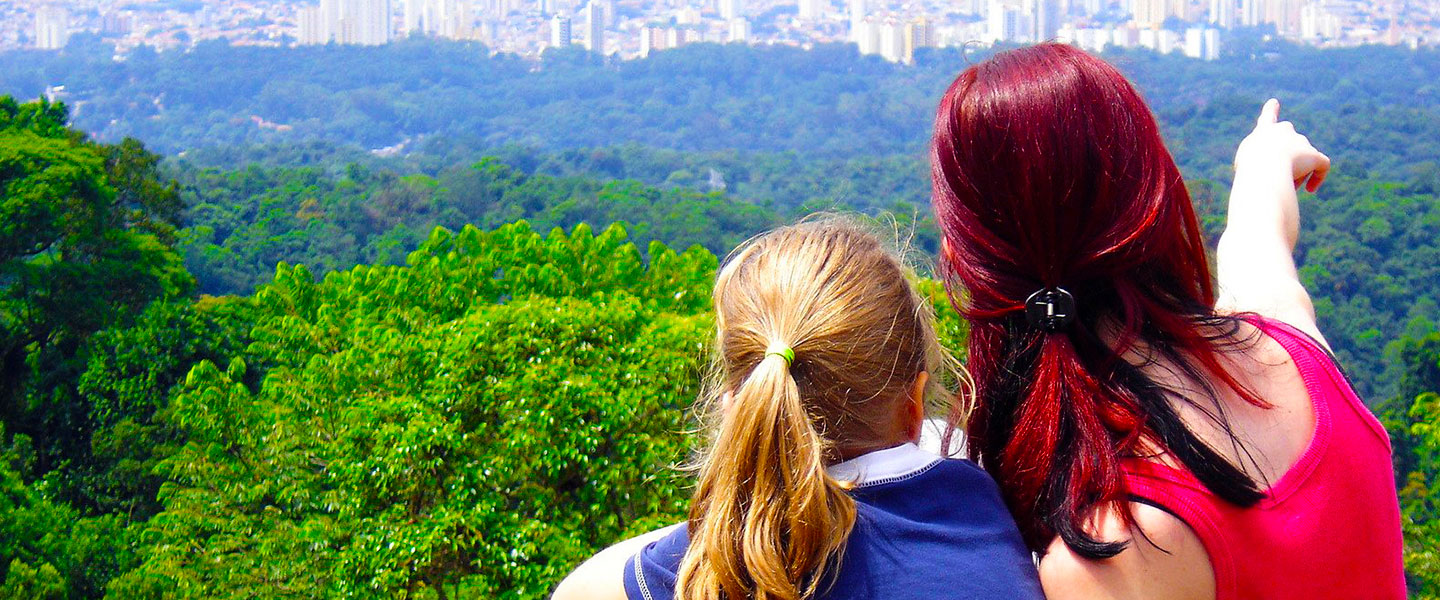In terms of age structure, the population in the Republic of Macedonia continuously ages. In 2015, the participation of the elderly (age group 65 and over) in the total population was 12.8%, while the participation of the youth (age group 0-14) was 16.7%. Based on this, the Republic of Macedonia exceeds the limit of 12% of the participation of the elderly in the total population and enters into the group of countries that are demographically characterized as countries with elderly population.
In the recent period, the country has made great efforts to expand the national institutional and non-institutional forms of care for the elderly. Institutional care for the elderly is provided by accommodation in nursing homes and refers to the elderly who do not have adequate living conditions in their family or for other reasons they need accommodation in social protection institution. In order to improve the conditions of the institutional protection of the elderly and according to the need for additional accommodation, the Government of the Republic of Macedonia adopted a package of measures to encourage investment in terms of opening new nursing homes for the elderly. As a result of these activities, apart from the five public institutions for the accommodation of elderly people in the Republic of Macedonia, a number of private institutions for the accommodation of elderly persons were established.
However, the institutional capacities in the country cannot meet the growing needs of care for the elderly. In recent years, the initiatives to build private retirement homes are growing, but because of the high cost of the services, they are inaccessible to a number of old people receiving a minimum pension. The condition of the non-institutional care is not at a desirable level, but many measures were taken in this field, with expected results in the near future.[1]
Therefore, the main issues to be tackled for promoting active and healthy aging in Macedonia include:
- lack of capacities for accommodation and care of elderly people
- inadequate conditions at the public nursing homes for elderly people
- due to the high costs of services, the nursing homes remain inaccessible to the majority of the elderly population in the country
- lack of programmes for active community engagement of the elderly people
- absence of systematic efforts for promoting independent living for the elderly
KMOP’s experience and expertise in designing and implementing activities for the benefit of the elderly can contribute to tackling the above-mentioned critical issues. KMOP, in close cooperation with governments, service providers and non-governmental organisations, has been developing targeted interventions aiming to optimise people's resilience resources and coping capacities, as they grow older for more than 30 years. KMOP’s holistic relevant community-based interventions aim at ensuring older persons' access to essential health and social services through tailor-made community and home-based day care services, providing a pathway to social inclusion; enabling seniors to live in their homes by creating age-friendly physical and social environments through the development and use of innovative ICT-based technologies that encourage active ageing and independent living; raise awareness on the rights of older people - especially of older women who face higher risks and vulnerabilities - to prevent discrimination, abuse and violence against them.
[1] https://www.unece.org/fileadmin/DAM/pau/age/country_rpts/2017/MKD_report.pdf
For more information about our relevant project references, please click here

























